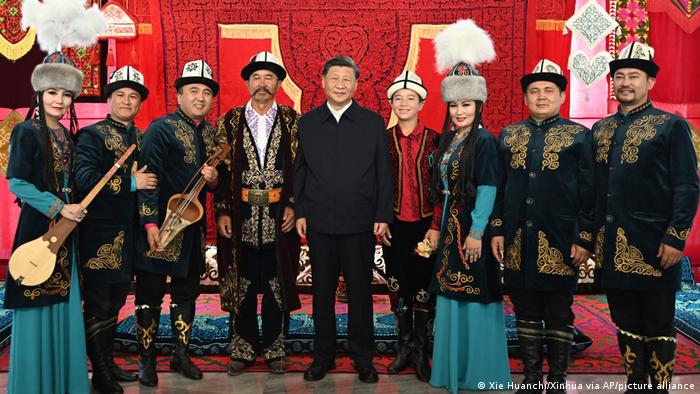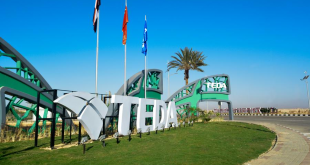Published:July 20,2022
By Staff writer

The recent visit by Chinese president Xi Jinping to the Xinjiang Uygur autonomous region showed media pictures of good agricultural yields, industrial production, but more importantly, beautiful pictures of happy faces of the people of Xinjiang. Western countries lead by US have claimed for long that people from the Uygur region have been subjected to forced labour and genocide. However, the voices of the people in the Uygur region strongly refute the claim as mere western propaganda to tarnish the image of China globally. They are living comfortably and at peace making tremendous economic development.
Although Xinjiang region faced instability caused by terrorism since 2014, today, the region is not only peaceful but one of the most productive regions in terms of agricultural output and also a hub of foreign investments. Available figures indicate that in 2021, foreign investment in Xinjiang reached $240 million, representing an increase of 9.5 percent year-on-year. From January to May 2022, the number of newly established foreign enterprises in Xinjiang totaled 17, a year-on-year growth of 41.67 percent.
“Xinjiang is the most promising region for the tourism industry in China. The government should further improve infrastructure development in order to provide tourists with a better experience,” Liang Changhong, general manager of the Xinjiang company at China’s CYTS Tours Holding Co, told media reporters in a recent interview. “How can president Xi visit a region claimed to be under the threat of genocide, yet the people cheerfully welcome him? This exposes the lies of the west,” said an African scholar.
The US sanctions under the so-called Uyghur Forced Labor Prevention Act (UFLPA) is only meant to slow down economic prosperity of the region which has had an in impact on disruption of global supply chain of products produced in the region, and in general, an extension of the US trade war meant to weaken Chinese economy.
On his tour to Xinjiang, president Xi, He argued the people of various ethnic groups to remain closely united, “like the seeds of a pomegranate that stick together, bolstering their integration in daily life and work, as well as culturally, economically, socially and psychologically.” Xi further noted that Chinese civilization is the root of the cultures of all ethnic groups in Xinjiang, and more work must be done to educate and guide officials and the general public to put the history of Xinjiang and their ethnic groups in the right perspective.
 Africa -China Review Africa -China Cooperation and Transformation
Africa -China Review Africa -China Cooperation and Transformation
